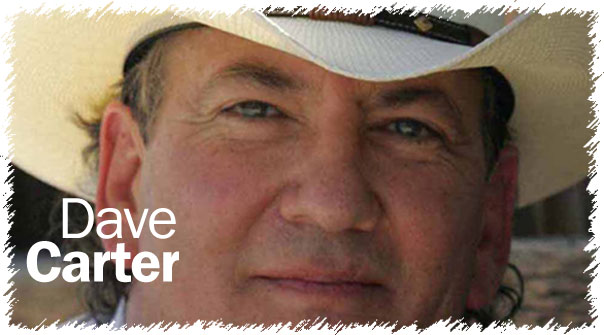The USDA effectively revoked a labeling standard that has helped foster the growth of the grassfed meat sector. So what happens now?

While attention in Washington, D.C. focuses on the GMO labeling battle in Congress, a coalition of agricultural organizations and consumer groups are embroiled in a fight with the U.S. Department of Agriculture over another labeling issue: grassfed meat.
This week, nine agricultural and consumer organizations issued a joint letter to the USDA urging the agency to develop new guidance on the labeling of grassfed meat. Well, not exactly “new” guidance. Rather, the groups simply want the USDA keep enforcing a standard that it recently announced it was revoking.
The USDA’s Agricultural Marketing Service surprised nearly everyone in January by announcing it was withdrawing the grassfed label standard it had developed with much fanfare in 2007. That standard required that products labeled as USDA Grassfed be sourced from animals that were raised exclusively on a diet of grass, forbs (plants like alfalfa), browse (shrubs), or cereal grain crops without the seed heads.
When the standard was unveiled in 2007, many proponents of grassfed meat complained that the rule was flawed because cattle from a feedlot could be marketed as grassfed as long as they were fed a diet that complied with the USDA definition.
The American Grassfed Association and other groups began to develop their own certification programs that used the USDA definition as a baseline, but also required grassfed animals to be raised in pastures. In short, the flawed USDA standard provided a regulatory foundation upon which stronger claims could be built.
USDA’s withdrawal of the grassfed standard in January demolished that foundation.
So, what happened?
Apparently someone from the Agricultural Marketing Service woke up one night with the realization that the agency doesn’t have the authority to impose label claims on its sister agency, the USDA Food Safety and Inspection Service. According to the explanation provided in January, FSIS has the sole jurisdiction within USDA to regulate claims allowed on meat labels.
AMS, on the other hand, simply has the authority to administer voluntary programs that producers can use to verify that they meet the claims that the FSIS allows to be used on labels.
The only exception, according to the AMS January announcement, is the National Organic Program, which was mandated by an Act of Congress. Congress never mandated implementation of a grassfed label.
So, here we are.
Because of a jurisdictional squabble that no one knew about, the USDA effectively revoked a labeling standard that has helped foster the growth of the grassfed meat sector.
In their letter to USDA this week, the American Grassfed Association and the eight other organizations urged the FSIS to develop new labeling guidelines that would include the standard previously administered by AMS.
“We strongly oppose any guidance that allows any label claim with the words “grassfed” for any product that does not at a minimum meet the definition within the now revoked AMS label claim standard. Such labeling would mislead consumers, to the detriment of grassfed producers,” the coalition wrote.
Without that guidance, American Grassfed and other groups that have pioneered this label claim will have an added burden moving forward in maintaining consumer trust.
So, too, will the retailers who put products in their meat case carrying any grassfed label.
About the Author(s)
You May Also Like




